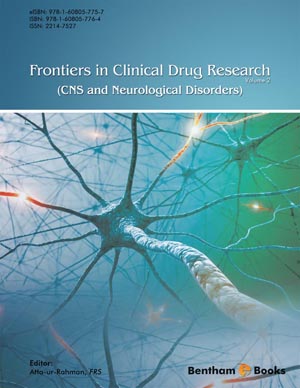Abstract
Schizophrenia is controllable by pharmacological and cognitive behavioral therapy, with a significant chance of beneficial positive outcomes. However, over the past two decades, new drugs for psychiatric disorders have been both few in number and based more on already established, rather than novel, mechanisms.
In this review we present the current pipeline of drugs for schizophrenia, from the earlier stages of development to phase III clinical trials and briefly outline the most promising strategies and targets currently under investigation for the development of novel schizophrenia drugs. Also, we discuss the three major bottlenecks in drug discovery for schizophrenia: lack of accurate animal models; lack of tools and tests in healthy/early stage of the disease volunteers that can provide early indication of efficacy; and strict reliance on RCT methodologies.
In addition, we highlight the importance of developing new paradigms for drug discovery in schizophrenia that take advantage of the recent advances in genome-wide association studies, imaging and optical manipulation of neural circuits and the use of induced pluripotent stem cells (IPSCs).
Keywords: Schizophrenia, antipsychotics, psychopharmacology, drug development, clinical trial.






















